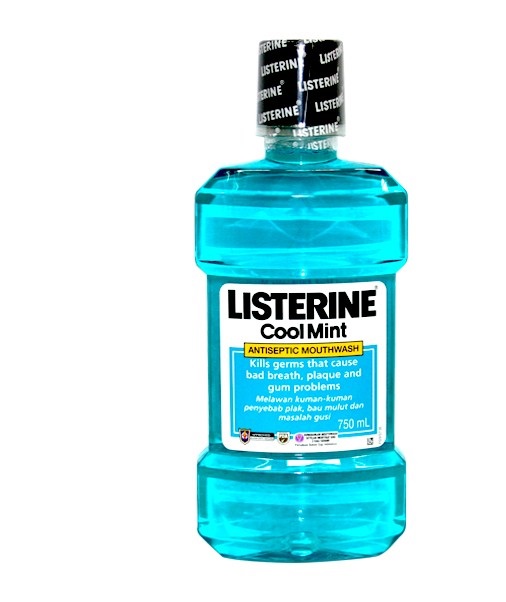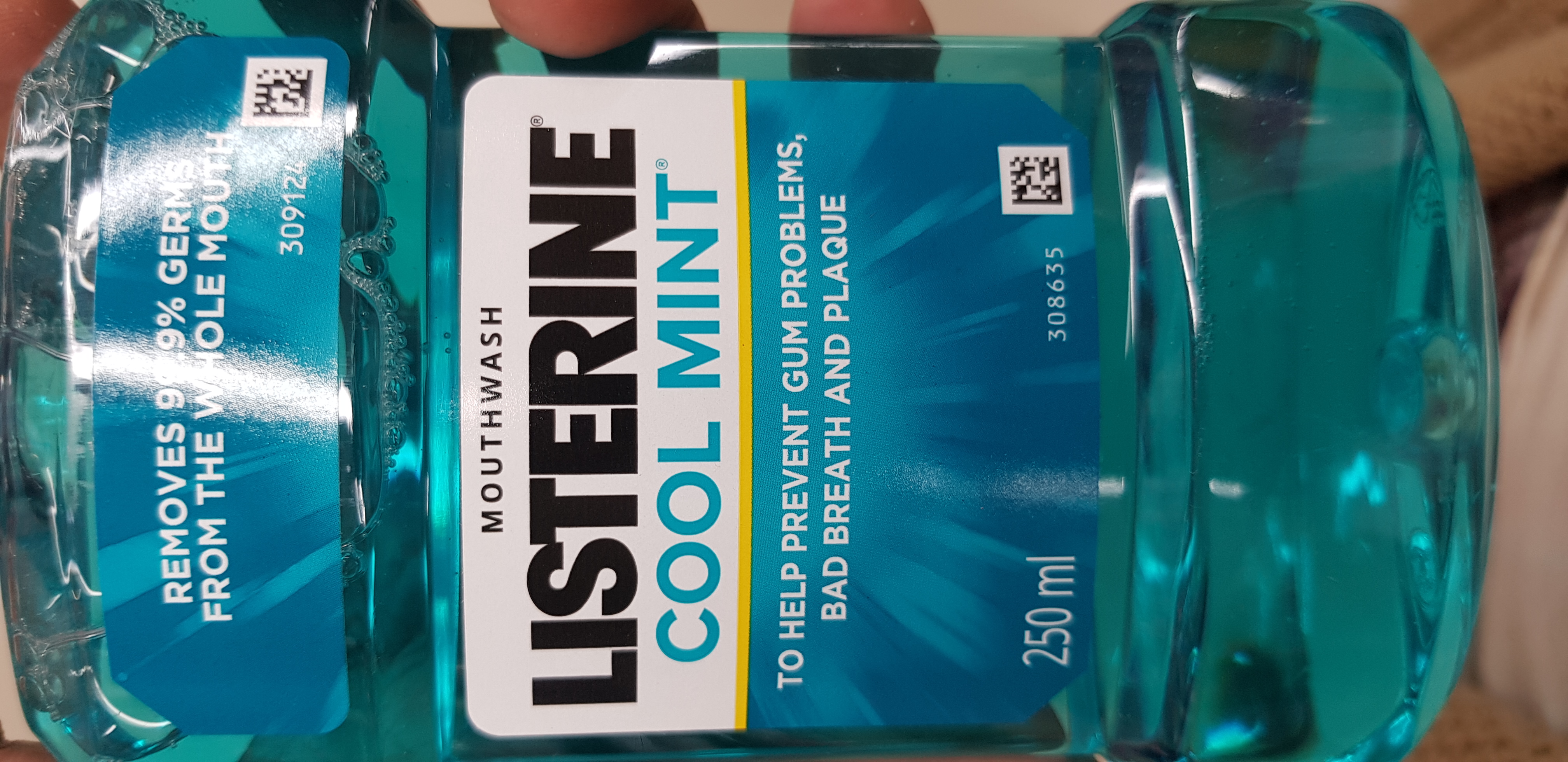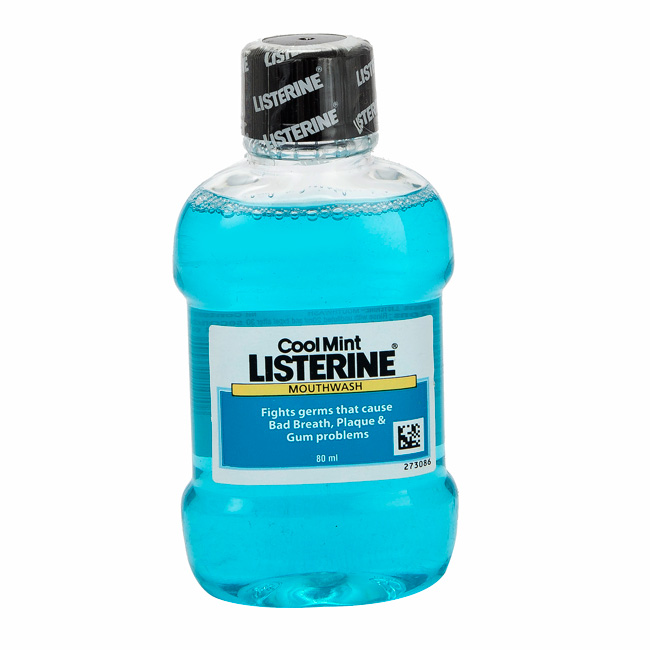
With regular use, mouthwash gives you a clean feeling in your mouth and reassures you that your breath is fresh. Mouthwash may also be necessary for people with certain medical conditions such as tooth sensitivity, dry socket, and xerostomia (dry mouth).įurthermore, mouthwash can reduce the risk of gingivitis (gum disease) and make teeth look visibly whiter. Most dentists highly recommend using mouthwash with brushing and flossing in your morning and evening routines. On the other hand, antiseptic mouthwashes contain chlorhexidine gluconate, which inhibits bacterial growth and treats halitosis and infections. Fluoride is added to some mouthwashes to help prevent cavities and periodontal disease. Mouthwash promotes good oral health and hygiene. When the ingredient chlorhexidine gluconate, found in some mouthwashes, comes into contact with food additives left in the mouth, it can stain or darken the teeth. Mouthwash has the potential to stain and darken teeth.If you are prone to developing canker sores, using a mouthwash that contains SLS might irritate canker sores.



Many things we have been told are good for our teeth and mouth that we take for granted are actually good for us.


 0 kommentar(er)
0 kommentar(er)
